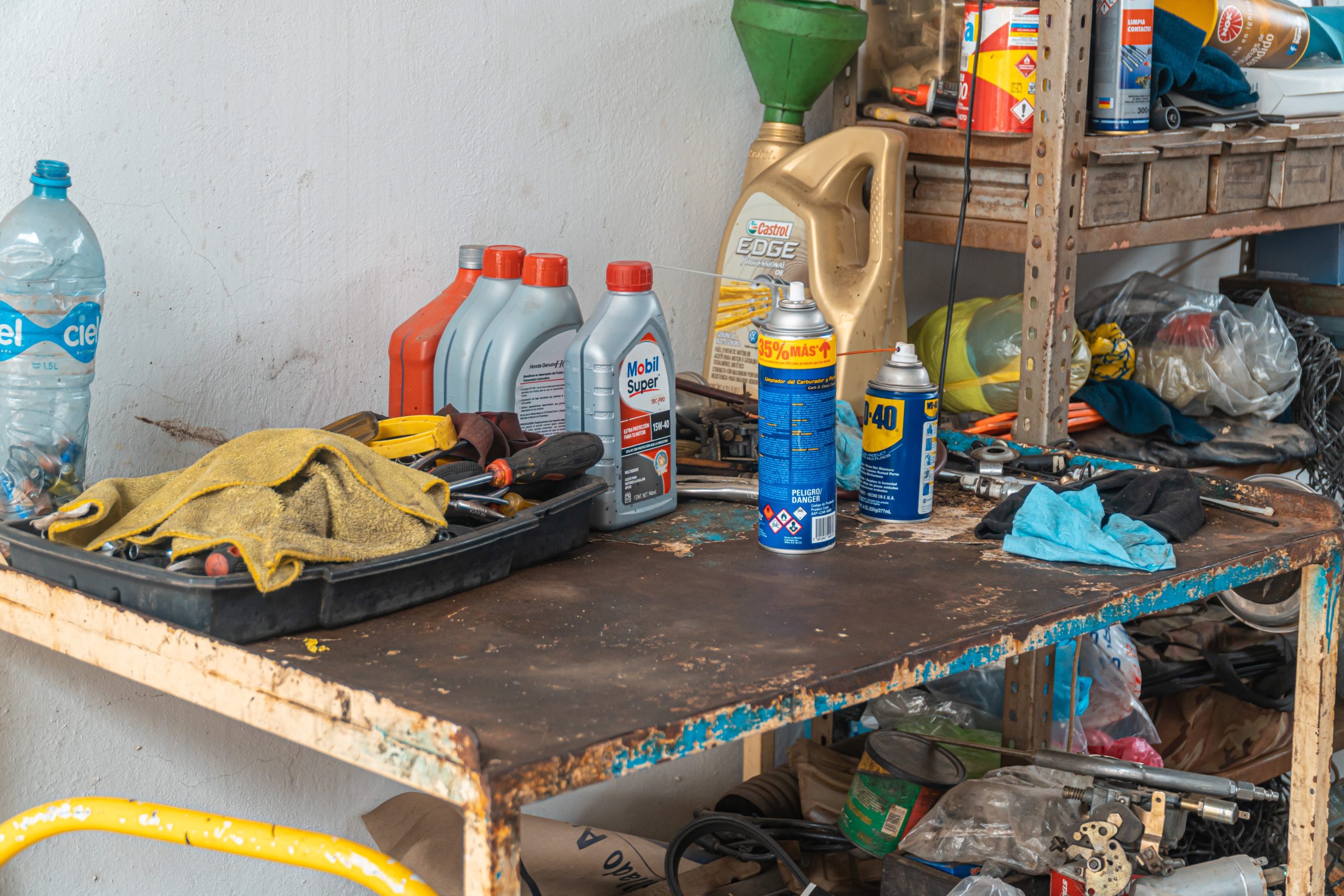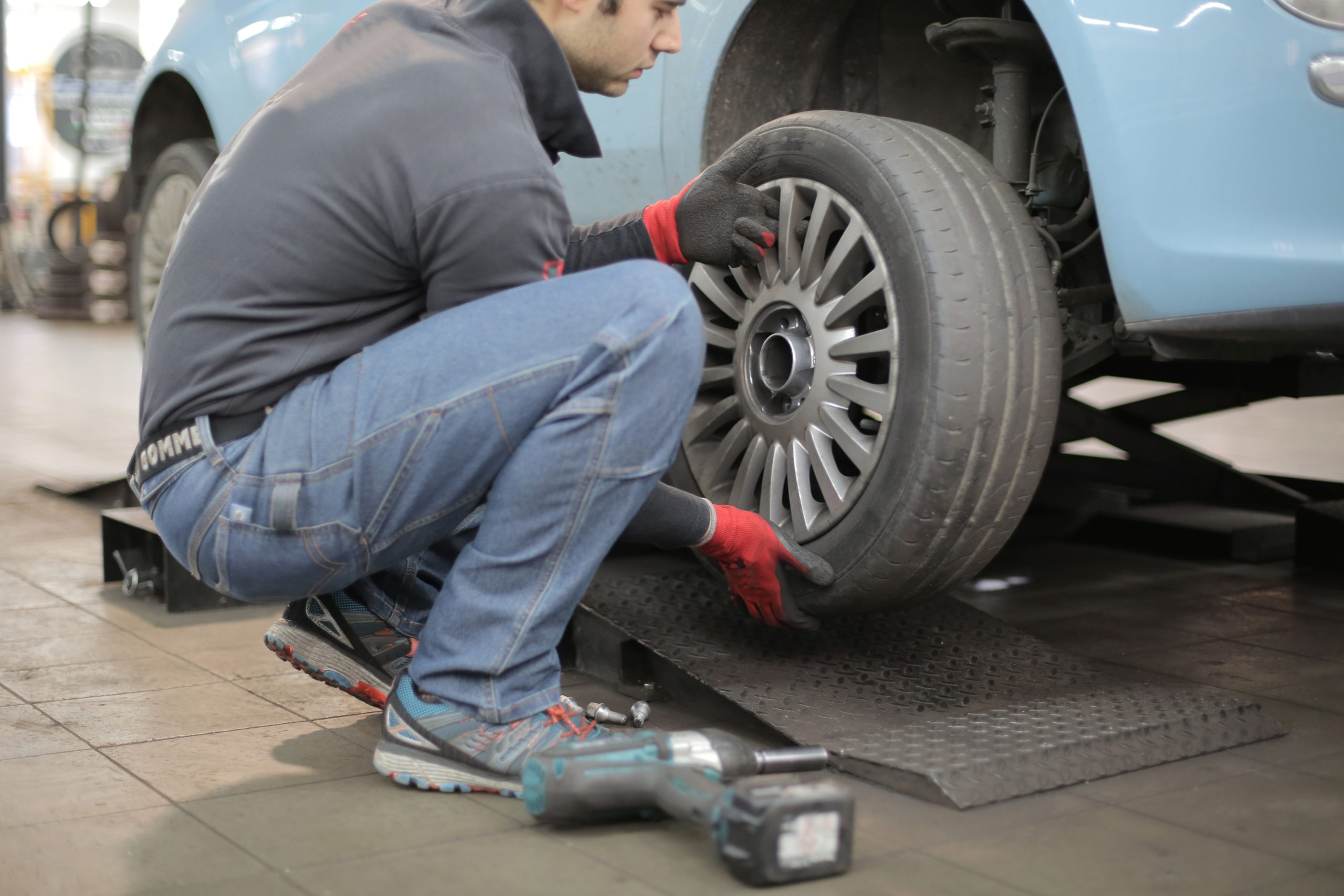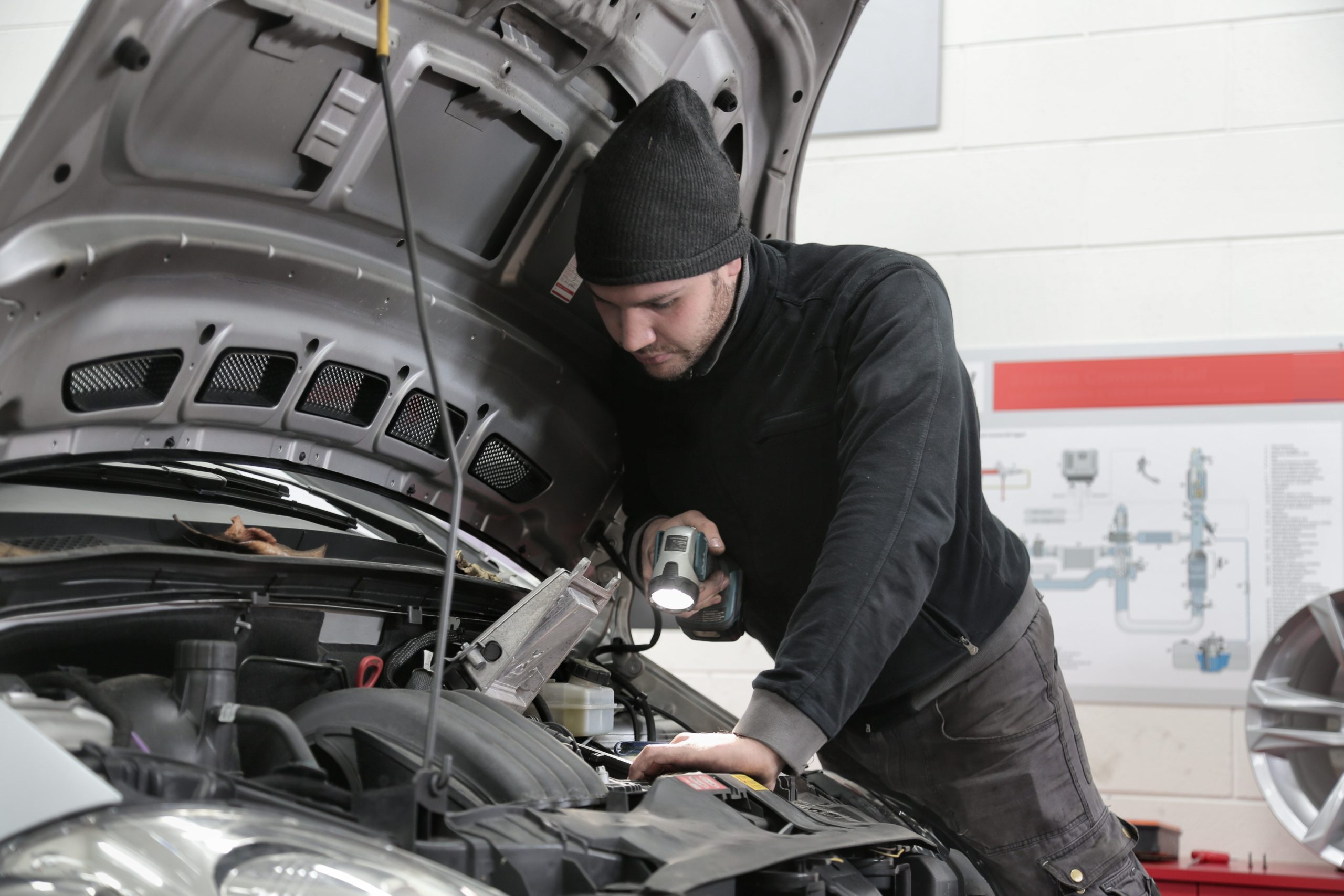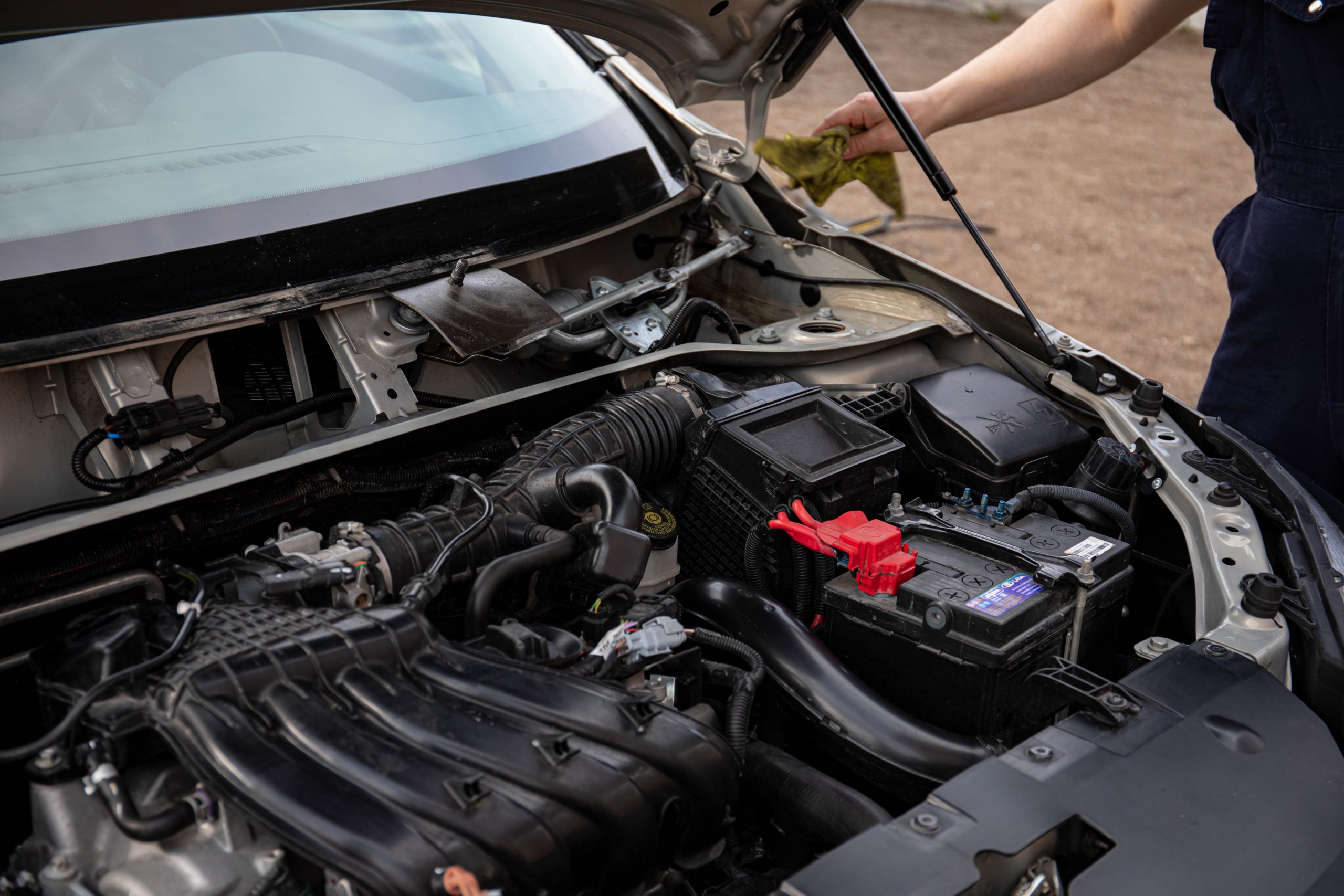Regular oil changes are one of the most important aspects of maintaining your car’s engine. Oil lubricates the moving parts of the engine, helps to keep the engine cool, and prevents harmful deposits from building up. Neglecting to get regular oil changes can lead to serious problems with your engine. In this blog, we will explore 10 things that can happen if you don’t get an oil change.
Increased Friction and Wear on Engine Parts
The oil in your engine lubricates the moving parts and helps reduce friction between them. Over time, the oil breaks down and becomes less effective at reducing friction. If you don’t get regular oil changes, the oil will become dirty and less effective at lubricating the engine. This can cause increased friction and wear on engine parts, leading to damage and engine failure over time.
Engine Overheating
Oil also plays a role in keeping the engine cool. As it circulates through the engine, it absorbs heat and helps to dissipate it. If the oil becomes dirty or low, it will not be able to perform this function effectively, and the engine may start to overheat. Overheating can cause significant damage to the engine, including warping or cracking of the cylinder head or engine block.
Increased Fuel Consumption
When the engine is not properly lubricated, it has to work harder to perform the same tasks. This can cause an increase in fuel consumption as the engine tries to compensate for the lack of lubrication. Over time, this can lead to decreased fuel efficiency and increased costs at the gas pump.
Decreased Performance
If the engine is not properly lubricated, it can lead to decreased performance. You may notice that your car is slower to accelerate or struggles to maintain speed on the highway. This is because the engine is not able to perform at its best when it is not properly lubricated.
Increased Emissions
When the engine is not working efficiently, it can lead to increased emissions. This can contribute to air pollution and harm the environment.
Harmful Deposits
Over time, oil can become contaminated with harmful deposits, such as dirt, dust, and metal particles. If you don’t get regular oil changes, these deposits can build up and cause damage to the engine.
Costly Repairs
If you neglect to get regular oil changes, it can lead to serious problems with your engine. These problems can be expensive to fix and may even require a complete engine replacement. Regular oil changes are a relatively inexpensive way to maintain your engine and prevent costly repairs down the line.
Reduced Engine Life
Neglecting to get regular oil changes can significantly reduce the life of your engine. Over time, increased friction and wear, harmful deposits, and other issues can lead to engine failure and the need for a costly replacement.
Engine Warning Lights
If you don’t get regular oil changes, you may notice that the engine warning light on your dashboard comes on. This is an indication that there is a problem with your engine and that you should get it checked out by a professional.
Decreased Resale Value
If you neglect to get regular oil changes, it can decrease the resale value of your car. Prospective buyers may be hesitant to purchase a car that has not been properly maintained, and they may be concerned about potential issues with the engine.
More Resources
Why Oil Changes Are Important
Tips For Driving Safe On Ice
Conclusion
Neglecting to get regular oil changes can lead to serious problems with your engine. Increased friction and wear, engine overheating, increased fuel consumption, decreased performance, increased emissions, harmful deposits, costly repairs, reduced engine life, engine warning lights, and decreased resale value are just a few of the potential consequences of neglecting oil changes. To avoid these problems, it is important to follow your car manufacturer’s recommended oil change schedule and stay on top of this routine maintenance. Regular oil changes are a relatively inexpensive way to maintain your engine and prevent costly repairs down the line. So, be sure to make oil changes a priority in your car maintenance routine and enjoy a smooth-running engine for years to come.
FAQ’S
How often should I get an oil change?
The frequency of oil changes depends on the make and model of your car, as well as your driving habits. In general, most car manufacturers recommend getting an oil change every 5,000 to 7,500 miles or every six months, whichever comes first. However, some cars may require more frequent oil changes, particularly if you do a lot of stop-and-go driving or frequently drive in dusty or dirty conditions.
What type of oil should I use in my car?
The type of oil you should use in your car depends on the make and model of your car, as well as the climate you live in. Most cars require a specific type of oil, such as conventional, synthetic, or a blend. It’s important to use the type of oil recommended by your car’s manufacturer to ensure optimal engine performance and longevity.
Can I change my own oil?
While it is possible to change your own oil, it is generally recommended that you have it done by a professional. Changing your own oil requires the proper equipment and knowledge, and if done incorrectly, it can cause damage to your engine. Additionally, many professional oil change services offer additional inspections and maintenance checks that can help keep your car running smoothly.
Can I go longer between oil changes if I use synthetic oil?
While synthetic oil is generally considered to last longer than conventional oil, it is still important to follow your car manufacturer’s recommended oil change schedule. Synthetic oil can typically last up to 10,000 miles or more, but this can vary depending on the make and model of your car and your driving habits. It’s always best to err on the side of caution and stick to your car manufacturer’s recommended maintenance schedule to ensure the longevity and performance of your engine.




